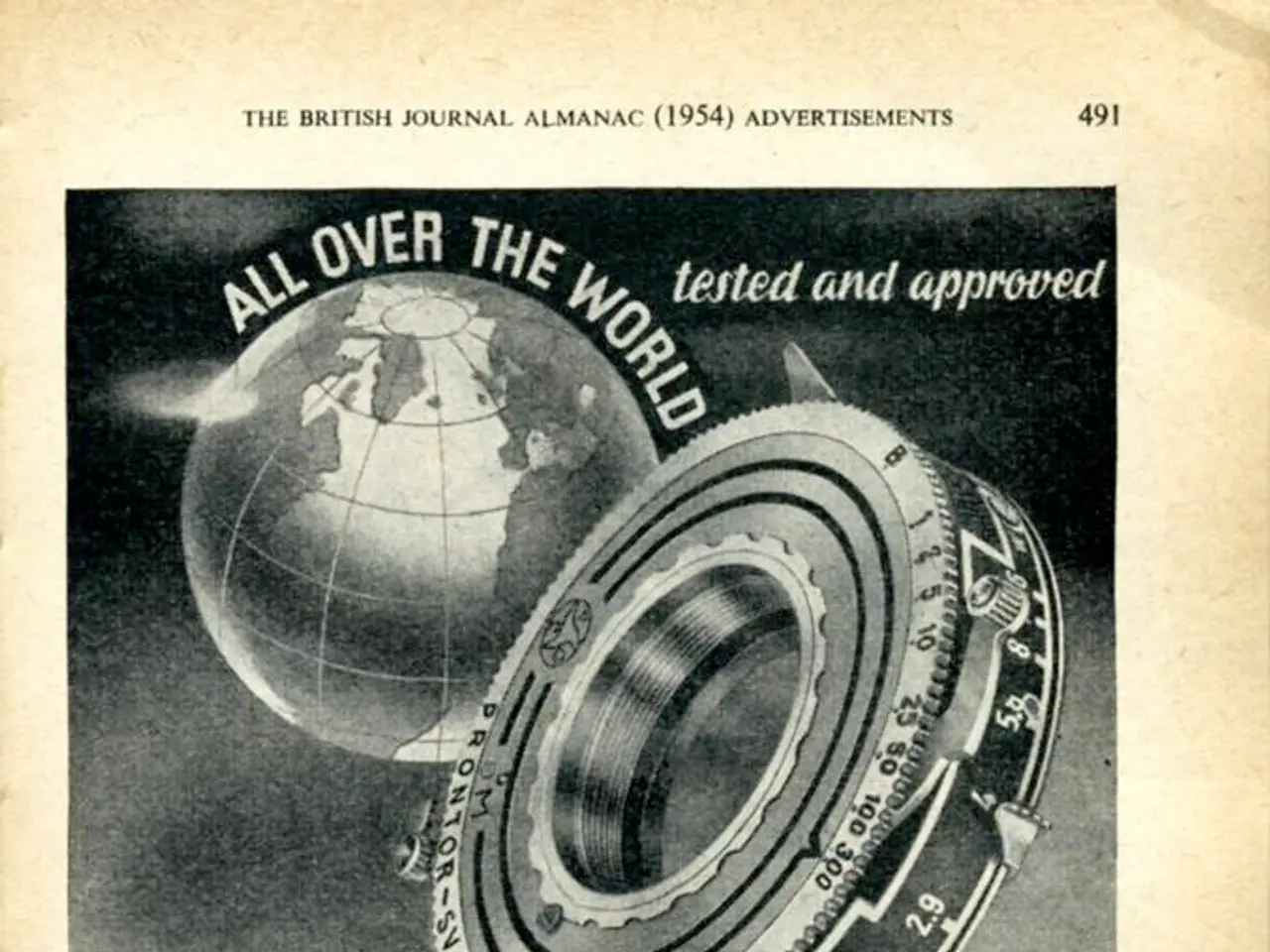Uncovering the Meaning and Origins of Inuit Baby Names: A Unique Naming Decision Guide
In the far reaches of the North American Arctic, the Inuit people have a deep connection to their environment and a rich cultural heritage that is reflected in their naming practices. Traditional and modern Inuit boy names are deeply tied to Inuit culture, spirituality, and nature, often reflecting characteristics, animals, or elements of the environment important to Inuit life.
Sedna, while a goddess of the sea rather than a boy’s name, holds substantial cultural significance in Inuit mythology and may inspire associated names for boys. Nuniq, meaning "polar bear," and its variant Nanuk, both meaning "bear," symbolize strength and respect for the animal in Inuit culture. Siku, meaning "ice," is an element essential to Inuit existence, while names like Yuma, meaning 'a small part of the whole,' and Amaqjuaq, meaning 'big brother,' reflect family relationships and appreciation for nature.
Inuit names traditionally play a significant role beyond identification; they can embody ancestral connections, honour spirits or animals, and express hopes or traits parents desire for their children. Naming practices are often intertwined with oral traditions and spirituality. For example, names linked to animals such as the polar bear (Nuniq) or environmental features (Siku) signify respect and acknowledgment of the natural world vital to Inuit life.
Modern Inuit boy names blend traditional roots with contemporary influences and sometimes may be adapted alongside Canadian or international naming trends. While names like Liam, Levi, or Alex are popular worldwide, they are not of Inuit origin. However, Inuit parents may choose names preserving their language and culture or adapt meaningful names reflecting their heritage.
The combination of traditional and modern in name choice offers a unique opportunity to carry the rich heritage of the Inuit into the present day. With over 100 popular Inuit names for parents to choose from, these names are rich in inspiration and convey values such as luck and honesty. In media and literature, there are numerous inspirations reflecting the beauty and cultural significance of Inuit boy names.
Works like the stories of Nscho-tschi and Pocahontas demonstrate the influence of indigenous cultures and their names on modern storytelling, and the Inuit culture is no exception. Inuit boy names, with their roots in nature, history, and spirituality, offer a glimpse into a unique and resilient culture that continues to thrive in the Arctic. For those seeking a deeper understanding of Inuit naming customs, specialized Indigenous name dictionaries or contact with Inuit cultural organizations may provide comprehensive traditional and modern Inuit boy names with their meanings and cultural contexts.
- In the realm of fashion-and-beauty, one might find inspiration in the rich cultural heritage of the Inuit, with names like Nuniq and Amaqjuaq showcasing a deep respect for nature.
- Embodying the spirit of home-and-garden, a home adorned with names signifying ice (Siku) or polar bears (Nuniq) serves as a reminder of the natural world's importance to Inuit life.
- In the realm of relationships, parents may choose Inuit names like Yuma or Amaqjuaq to express their appreciation for family bonds and their connection to the environment.
- For those who enjoy traveling or shopping, exploring the vast world of Inuit boy names offers a glimpse into a unique culture and presents an opportunity to support and celebrate indigenous heritage.






